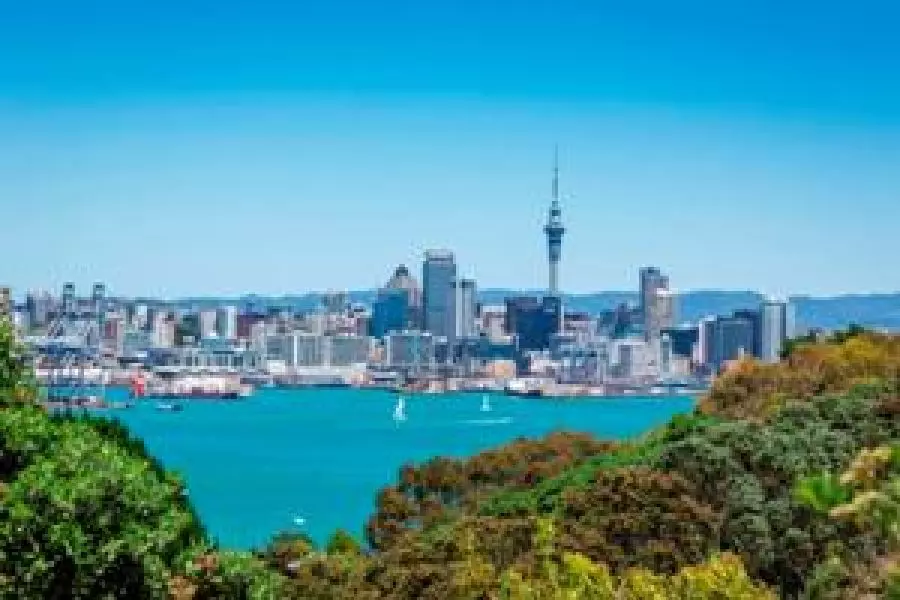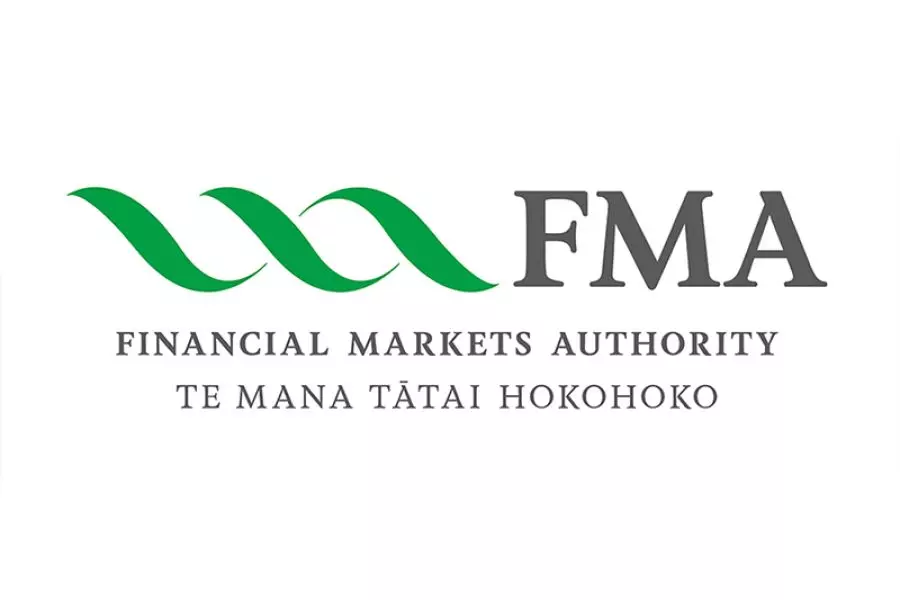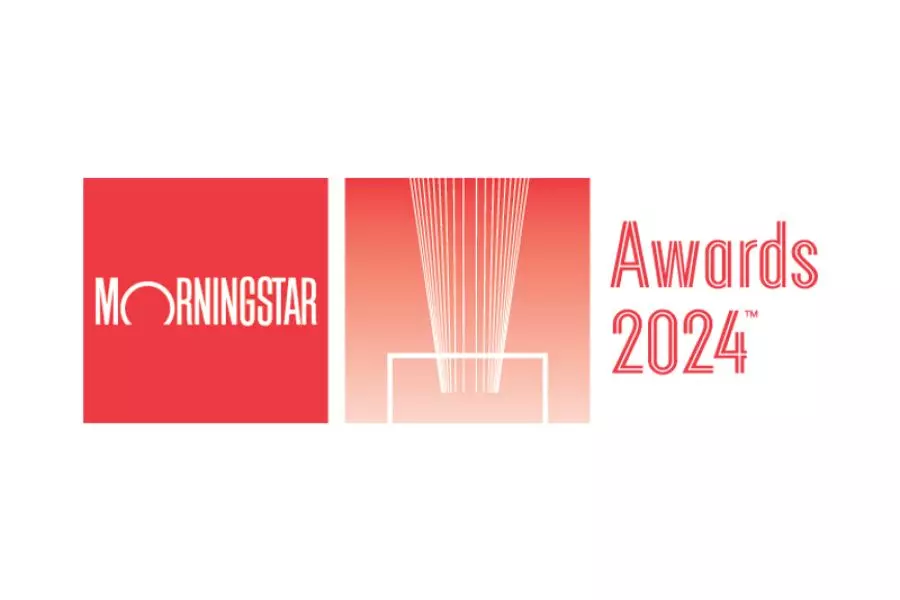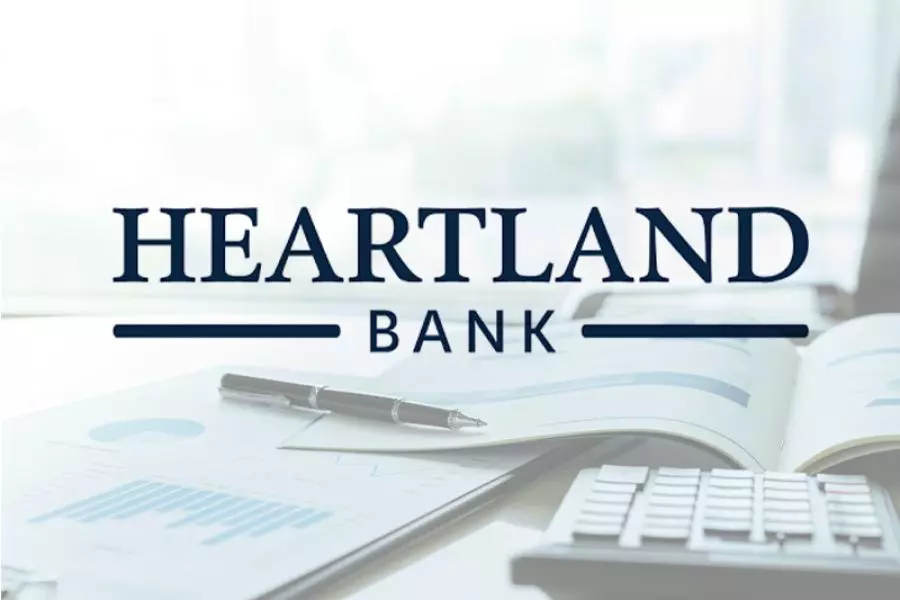News
Auckland a “buyers market”

Thursday 4th of April 2019
Realestate.co.nz’s latest data shows the Auckland region saw a 1.9% fall in its average asking price in March, which left it at $942,232.
The region’s average asking price is not only down on February, but down on March last year when it was $949,538.
At the same time, the region saw 4,363 new listings in March, which is an increase of 4.6% on March 2018.
Tha...
Want to read the full article?
Click the button below to subscribe and will have unlimited access to full article and all other articles on the site.
2 min read









![[The Wrap] Bye Bye Bayly](https://goodreturns.publit.io/file/c_fill,w_900,h_600/39f23ac1-f7c7-4854-b700-a150004ebbac.webp)